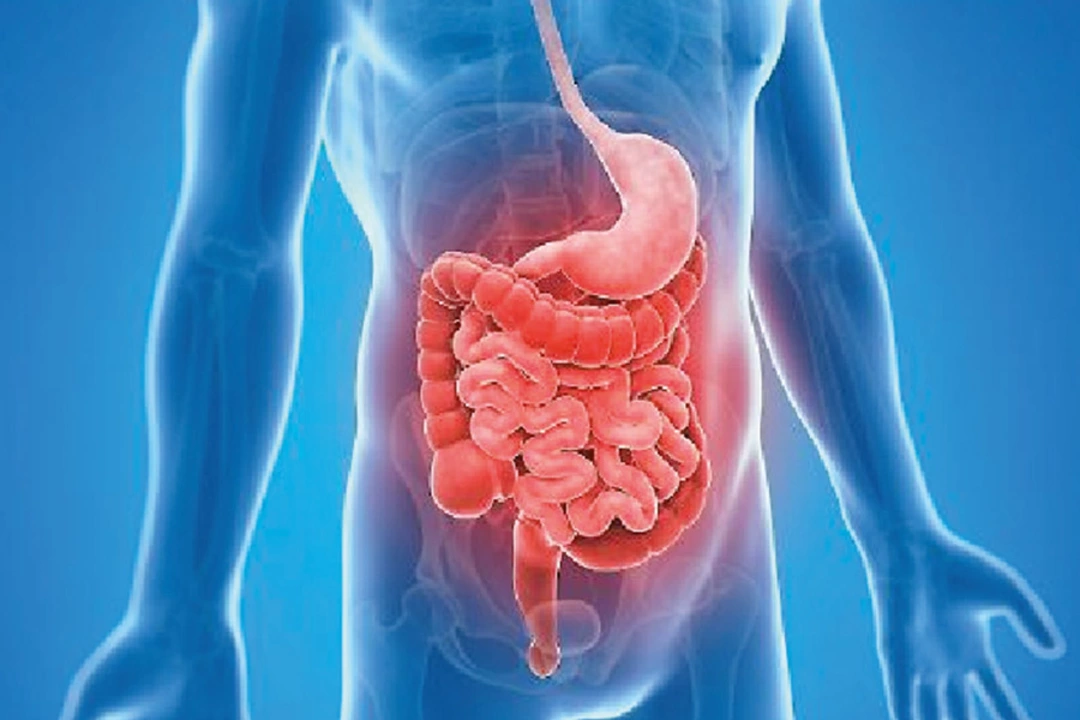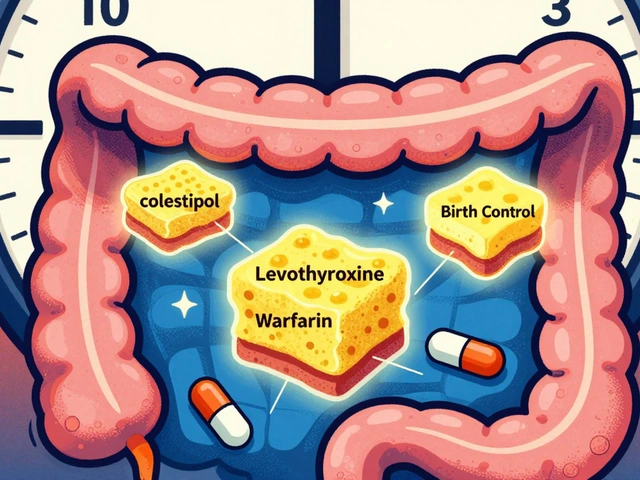Gastrointestinal Health: Simple, Practical Advice for Everyday Digestive Issues
Heartburn, bloating, stomach pain — you don’t need to accept those as normal. Small changes often make a big difference. Here I’ll give plain, useful tips on common GI problems, how key medicines work, and which site guides can help you decide what to try next.
Fast fixes and everyday habits that help
If acid reflux wakes you at night, try cutting late meals and raising the head of your bed a few inches. Swap large meals for smaller ones and avoid trigger foods that you know upset you — coffee, spicy food, and heavy fried meals are common culprits. Drink water between meals instead of with large meals to reduce bloating.
Constipation often responds to simple moves: more fiber from vegetables, whole grains, and fruit; add a glass of water first thing in the morning; and build a short walk after meals. If you use fiber supplements, start slow to avoid gas and give your gut time to adjust.
Medications: what they do and how to use them safely
Proton pump inhibitors like omeprazole (Prilosec) lower acid and work well for GERD and frequent heartburn. Use the lowest effective dose and talk to your doctor if you need them for more than a few months. Our article "Prilosec: The Real-World Guide to Uses, Benefits, and Risks of Omeprazole" explains how it works, common side effects, and practical tips for safer use.
OTC pain relievers such as ibuprofen (Motrin) can irritate the stomach lining if taken without food or long-term. If you need regular pain relief, read "How to Buy Motrin Online: Safe Ordering, Best Pharmacies, and Key Tips" for safe sourcing and dosing advice. For gout flares, doctors often prefer NSAIDs like diclofenac; our post "Diclofenac Sodium for Gout" breaks down benefits and warning signs to watch for.
Some medications change digestion or appetite. Metformin can affect weight and gut function — our "Metformin: The Diabetes Drug Unveiling Weight Loss Similar to Exercise" piece covers how it may impact metabolism and what to expect on your stomach.
Supplements may help but treat them like medicine. For example, wine-derived resveratrol supplements promise antioxidant benefits, yet they vary in strength and quality. Read the "Unveiling the Surprising Health Benefits of Wine Supplements" article before you start any new product.
If symptoms are severe — unexplained weight loss, blood in stool, severe or persistent pain — see a clinician quickly. Tests like endoscopy or blood work are sometimes needed to rule out ulcers, infections, or inflammatory bowel disease.
Want practical next steps? Start a symptom diary for two weeks, list medicines and supplements you take, and bring that to your appointment. Browse our related guides on this tag to get clear, user-friendly advice on treatments and safe medication choices.
Read more on this page to find specific how-tos and deeper guides like the Prilosec and Motrin articles. Small changes plus the right information can make your gut feel a lot better.

In my latest blog post, I explored the relationship between ischemia and gastrointestinal health. Ischemia refers to the inadequate blood supply to a certain part of the body, which can lead to tissue damage. In the case of our gastrointestinal system, this could result in severe consequences like organ failure. To maintain optimal GI health, it's essential to be aware of the risk factors and symptoms of ischemic conditions. Incorporating a balanced diet, regular exercise, and seeking timely medical attention when needed can help us prevent and manage such health issues effectively.
Continue Reading





